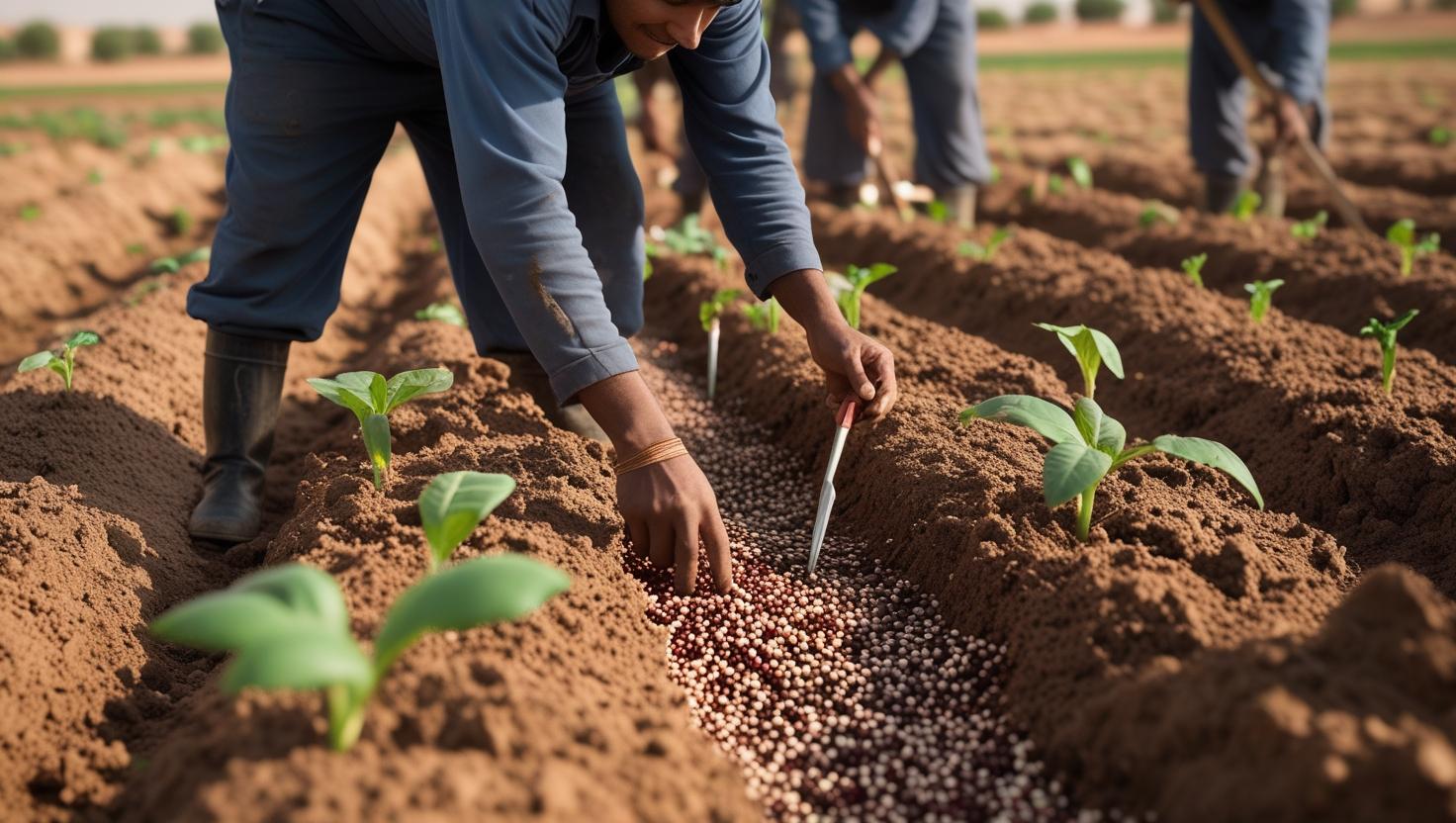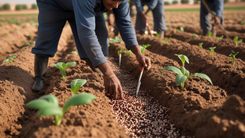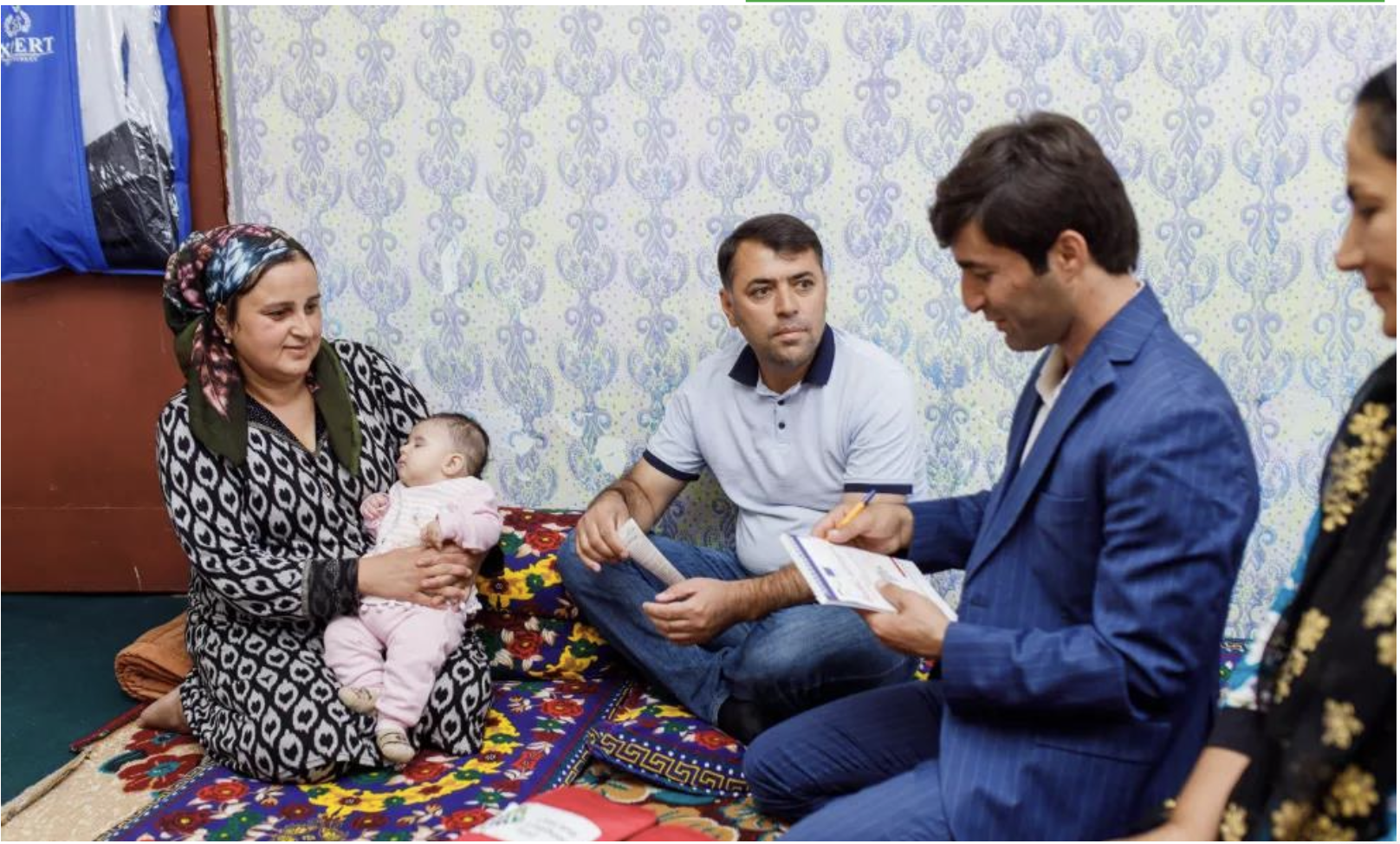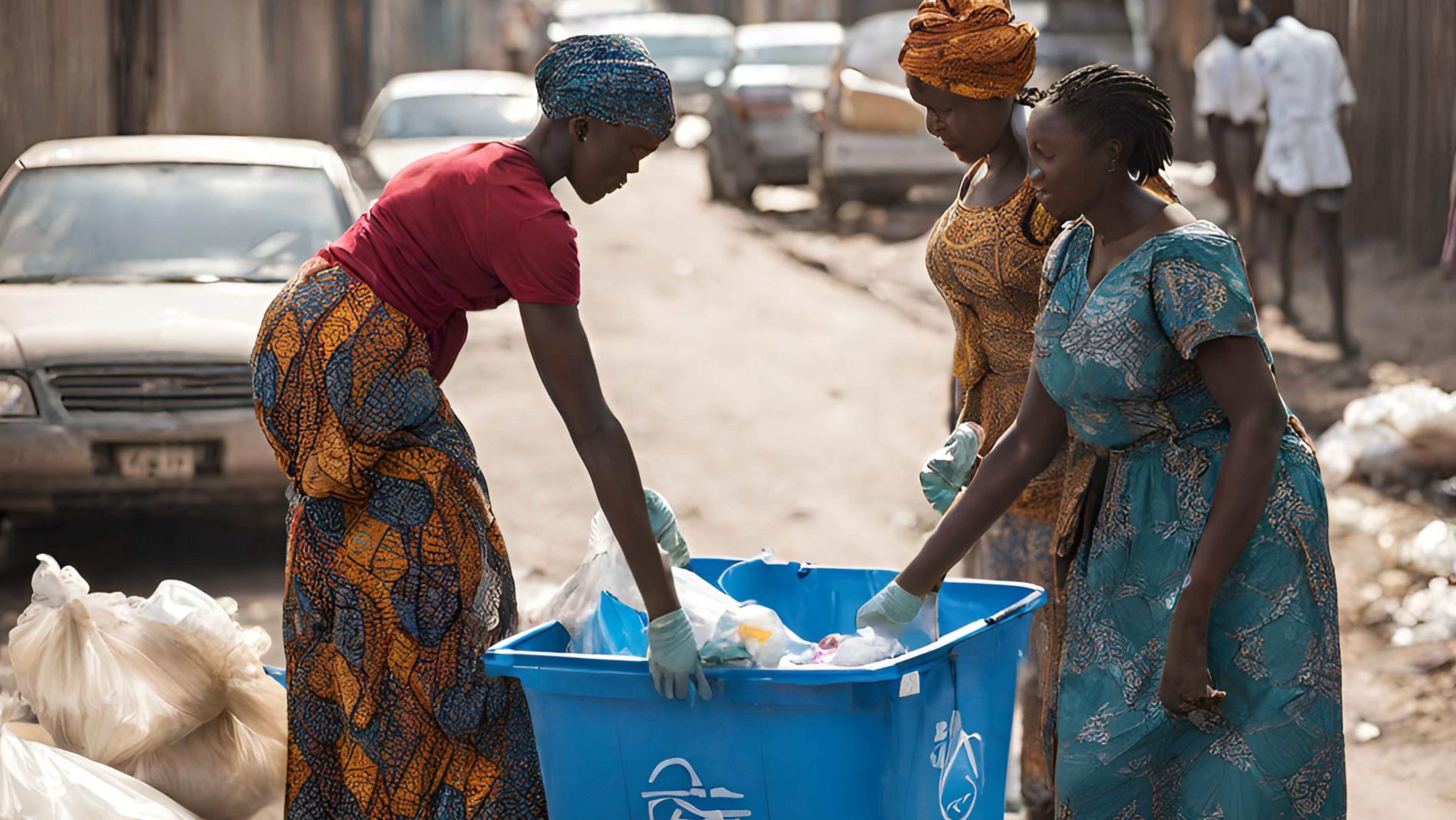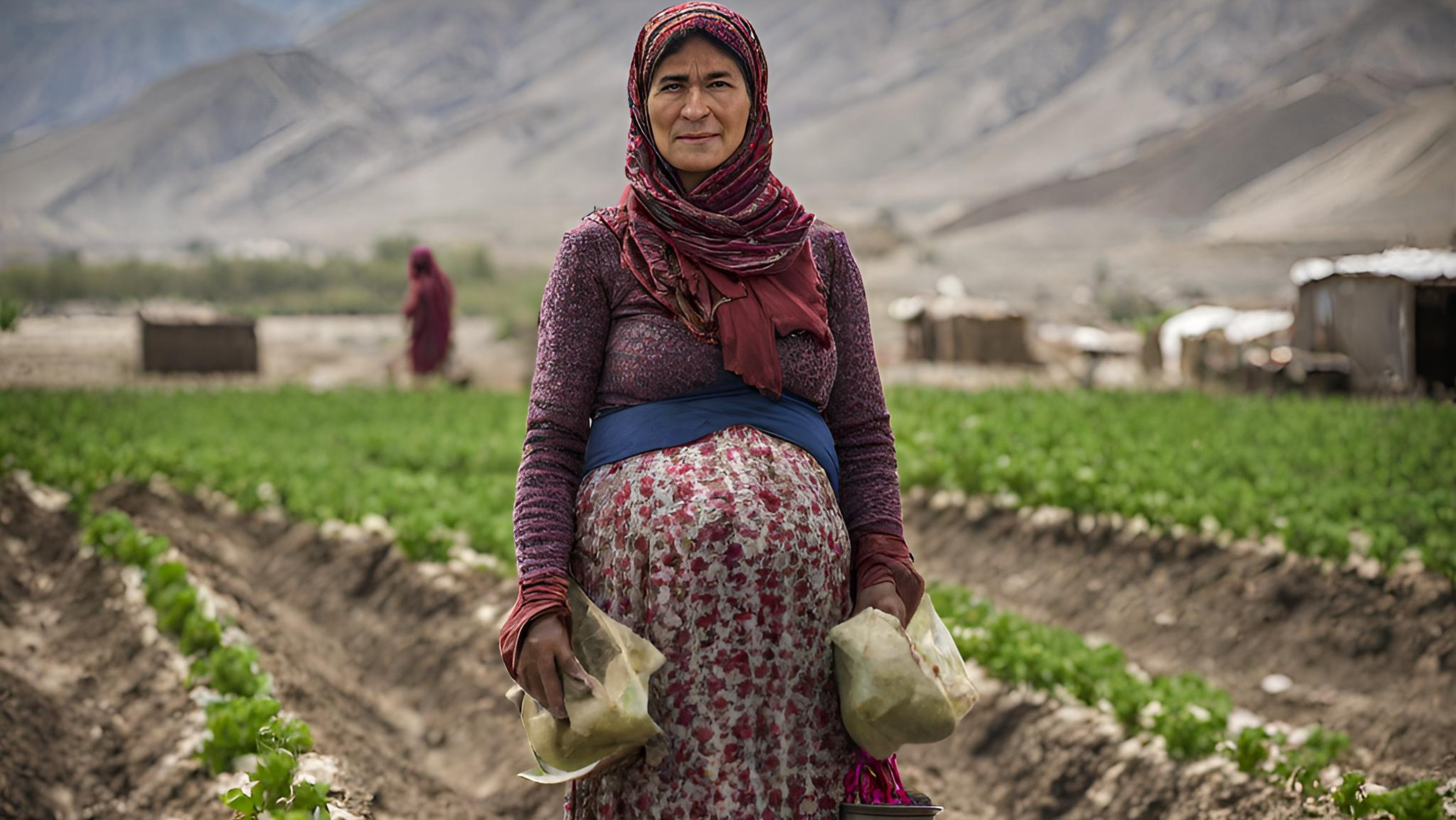Latest updates
Climate Champions - Helping lift Uganda's tea production out of climate change stress
Along the western route of Uganda, the rolling verdant hills are covered with rich tea plantations, giving a picturesque view of the real labor of love of countless tea farmers and workers.
Having bounced back from near ruin, the tea industry in Uganda employs more than 60,000 people and supports the livelihood of over half a million people.
However, in the absence of quality seeds and multi-nutrient fertilizers, tea farmers in Uganda are firefighting assorted challenges pertaining to low yields and soil infertility, leading to crop failures, which ultimately impact the climate.
Owing to difficult climate conditions, tea farming has been a volatile business for the 38-year old Sheba Lusuke in Kyenjojo district.
Lusuke grew up in her father’s sprawling ancestral tea estate, which he left for her to manage after his death about seven years ago. With every passing year, the change in weather and temperature has made it harder for her to protect the production and nutritional value of land and soil. At the same time, Lusuke does not want her farm produce to be a liability on the environment.
“I want people to understand that a tea plant is a tree, affecting the environment in its own unique way. But once we mistreat the soil that is growing the tea plant, its performance reduces naturally, thus, adversely impacting the climate and environment as a whole.”
The US$ 33 million initiative by the Lives and Livelihoods Fund (LLF) – Local Economic Growth Support Project – in 17 districts of Uganda, has used a two-pronged strategy to help 756 tea farmers get out in front of the climatic challenges
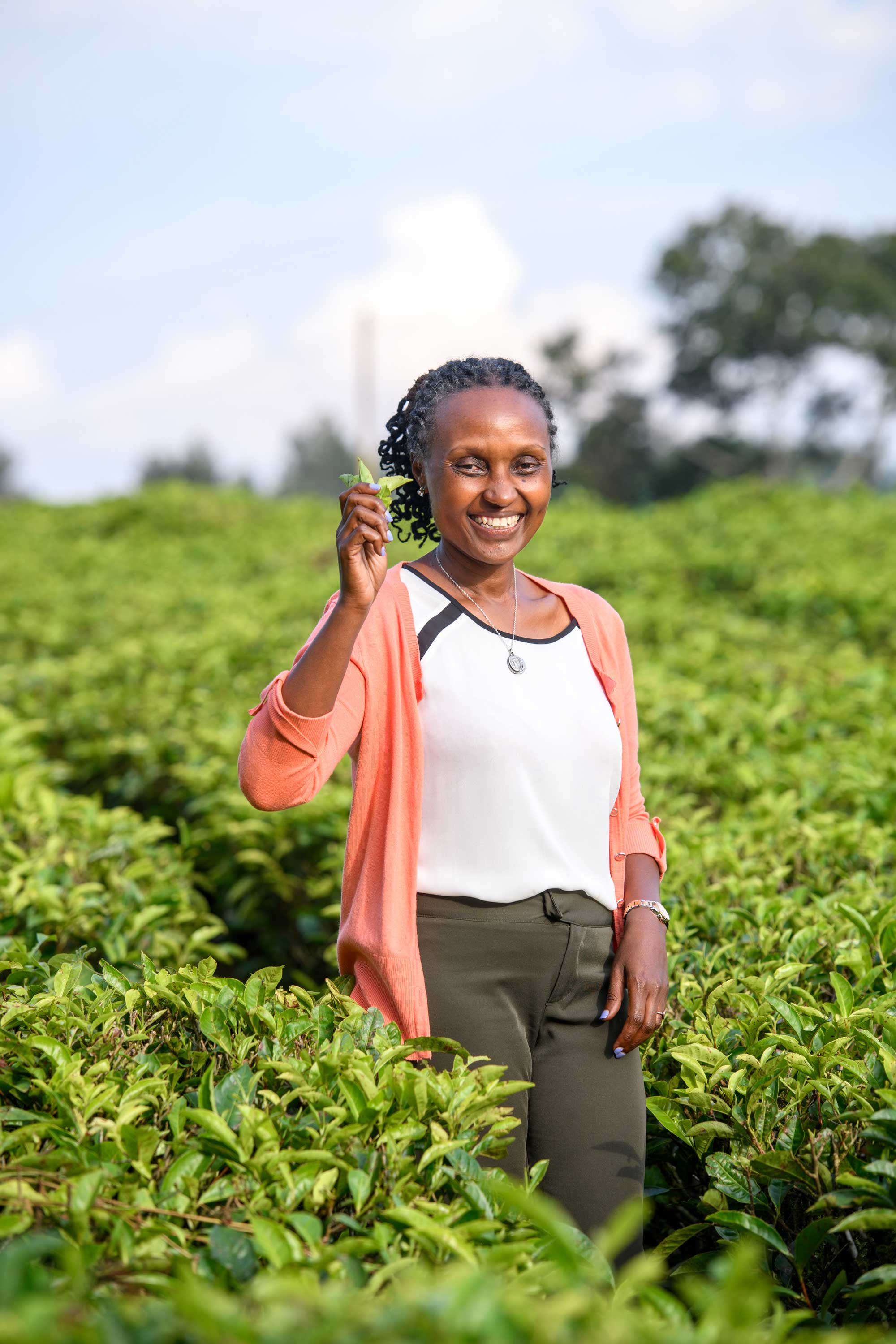
With the provision of premium quality seeds to guard against farm losses – which is another major contributor to greenhouse gas emission – and distribution of multi-nutrient fertilizers to enrich soil fertility and efficiency, LLF is recognizing the importance of preserving land to help fight climate change.
“LEGS Project is greatly contributing to the health and quality of soil by providing us with advanced fertilizers that are responsible for strong roots to prevent soil erosion and increase plants’ capacity to absorb carbon from the atmosphere. This has boosted our farm productivity from 2,000 kgs to 3,000 kgs in a single season,” adds Lusuke.
Lusuke is optimistic that as more farmers gain access to climate-smart fertilizers and improved seed varieties through the LLF-funded LEGS project, the tea farming processes and methodologies will maximize the removal of greenhouse gases that are instrumental in climate change.
The Lives and Livelihoods Fund is doubling down its support for climate-smart agriculture across the agricultural value chains through responsive financing and integrated development programs to enhance productivity, improve resilience, and reduce GHG emissions.
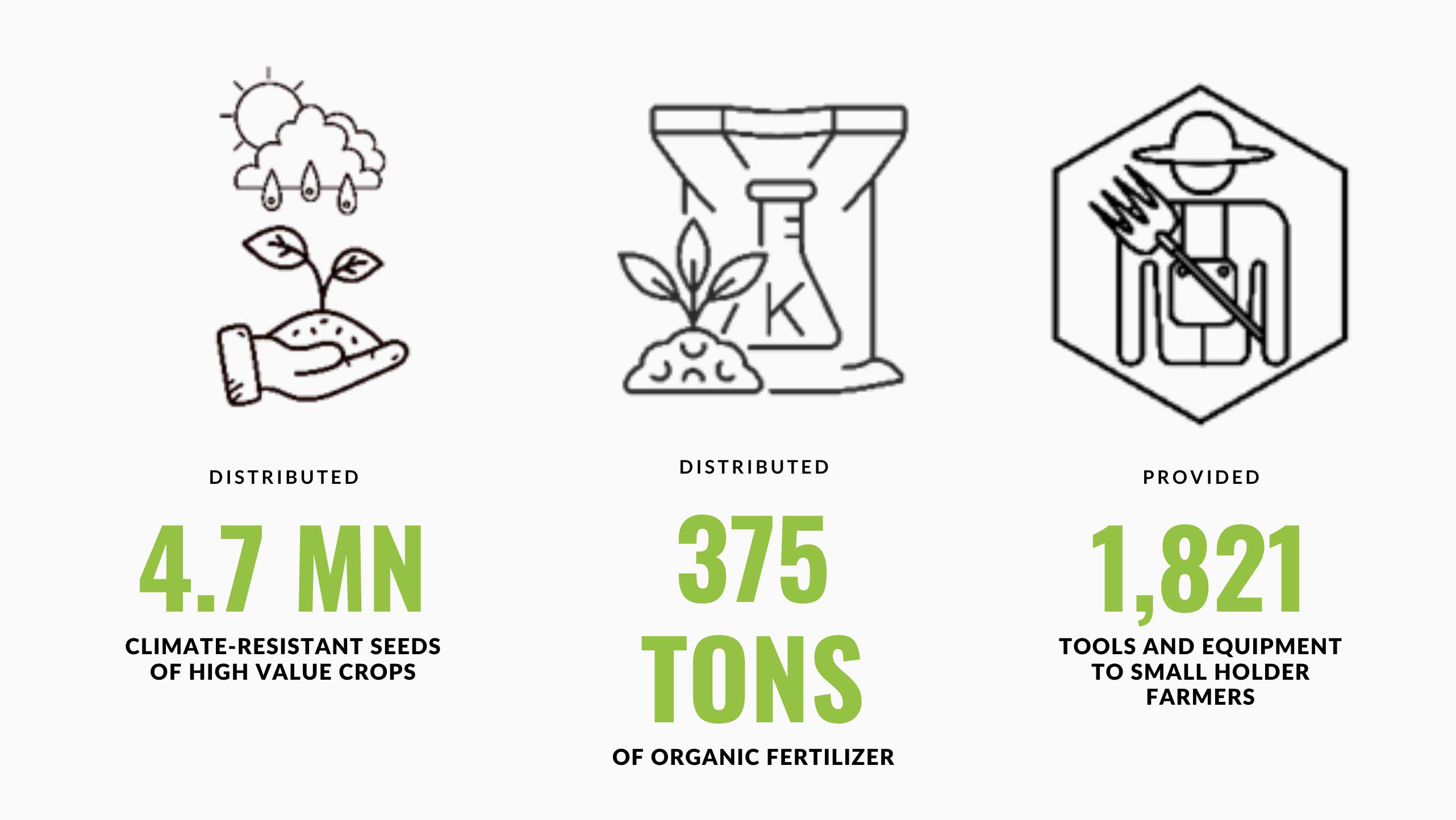
Related articles
Cookies
By browsing our website you accept our Terms and Conditions
